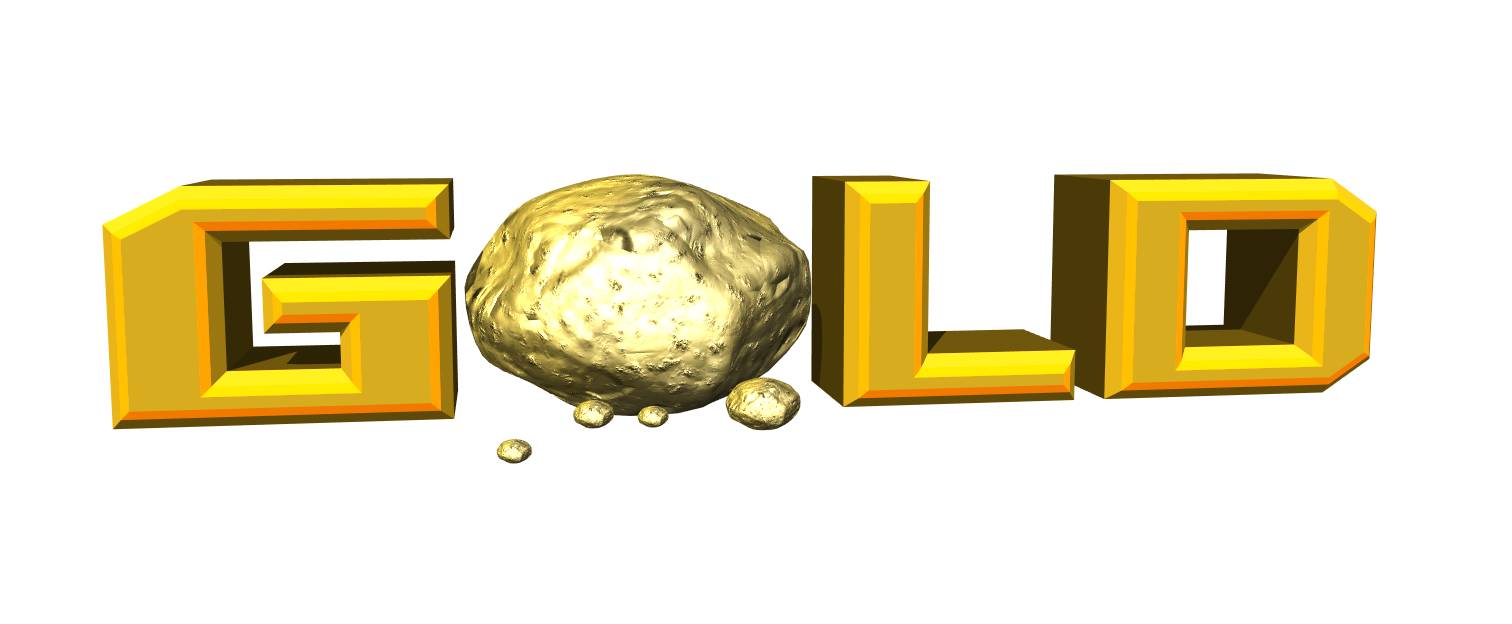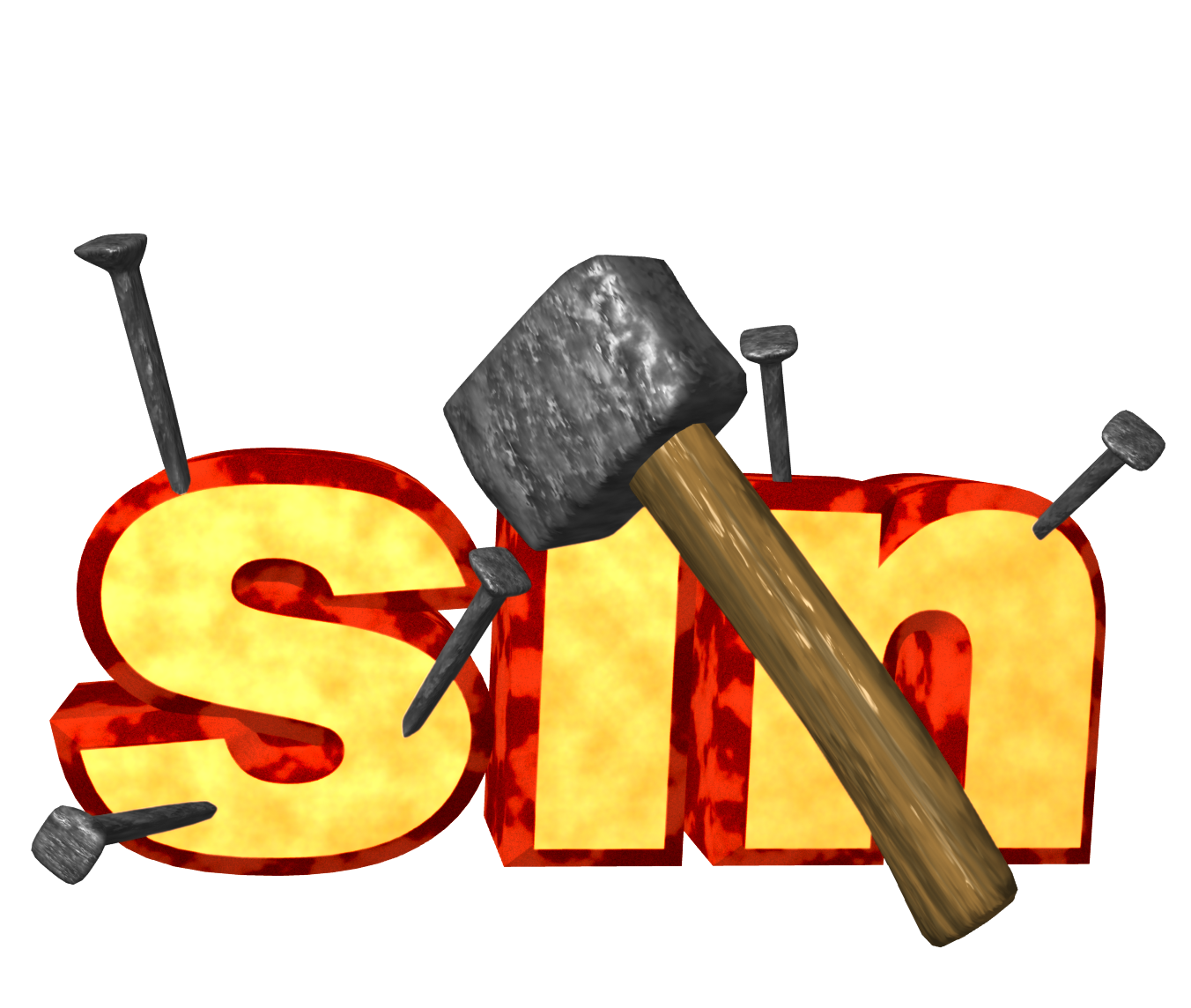Exodus 14:13–15, And Moses said. The first four statements that Moses makes in these two verses presupposes the four fear responses the Israelites would naturally have had when pinned between the Egyptian army and the Red Sea.
- To those who wanted to commit suicide by fleeing, and since there was nowhere to go, fleeing meant certain death either by drowning in the sea or by Pharaoh’s army, Moses said, “Do not be afraid. Stand still and see the salvation [Heb. Yeshua] of YHVH.”
- To those who wanted to go back to Egypt, Moses said, “The Egyptians whom you see today, you shall see no more.”
- To those who wanted to fight, Moses said, “YHVH will fight for you.”
- To those who wanted to just complain, or even to pray about their plight, Moses said, “Hold your peace.”
When faced with similar impossible situations, we typically have the same responses as that of the children of Israel, when all we have to do is to stand still in faith and wait on YHVH to supernaturally deliver us. But there’s more. Faith isn’t passive. It’s active. This is where the fifth statement—this one made by YHVH—comes in to play.
YHVH command the Israelites to “Go forward” in faith! YHVH expected Moses, the leader, to lead the way. YHVH told the Israelites to confront their fears including the fear of death and to step into the Red Sea. Only when the people’s leader stepped forward in faith and placed his foot into the Red Sea did the sea part and the deliverance of YHVH became evident.
Note what Moses told Israelites in this first statement: “Stand still and see the salvation [Heb. Yeshua] of YHVH.” As already noted previously, the pre-incarnate Yeshua the Messiah was the Messenger of YHVH who was with the children of Israel in the fire cloud positioned between the Israelites and the Egyptians. When Yeshua the Messiah is in your camp, there is nothing to fear! This was a lesson in faith that the Israelites had to learn—and one we have to learn as well. Let’s not forget the words of the apostle:
I can do all things through Messiah which strengthens me. (Phil 4:13)
Nay, in all these things we are more than conquerors through [Messiah] that loved us. (Rom 8:37)
What shall we then say to these things? If Elohim be for us, who can be against us? (Rom 8:31)






